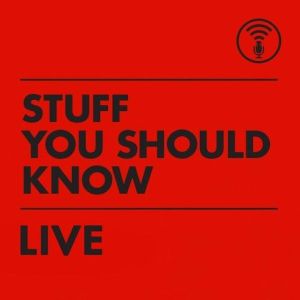Join getAbstract to access the summary!

Join getAbstract to access the summary!
Charles (Chuck) Bryant and Josh Clark
How Trickle-Down Economics Works
Stuff You Should Know podcast
Stuff Media, 2018
What's inside?
Trickle-down economics is beloved in some circles, reviled in others. What does it really mean?
Recommendation
This podcast is an engaging and nonpartisan primer on the topic of trickle-down economics. Hosts Charles Bryant and Josh Clark balance lively and discursive conversation with research. Although they aren’t subject-matter experts, they’re able to present information in accessible and nontechnical terms without an agenda. Since the episode aired in 2014, some details are slightly outdated, but the overall content is still relevant. The structure and chronology are a bit muddled at times but still offer worthwhile perspectives. This podcast will benefit students, history buffs, and laypeople hoping to better understand the topic.
Summary
About the Podcast
Stuff You Should Know is an award-winning podcast published by Stuff Media. On the podcast, hosts Josh Clark and Charles Bryant, both writers at HowStuffWorks, “get to the bottom of odd questions”
















Comment on this summary